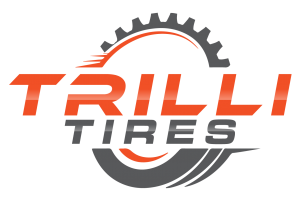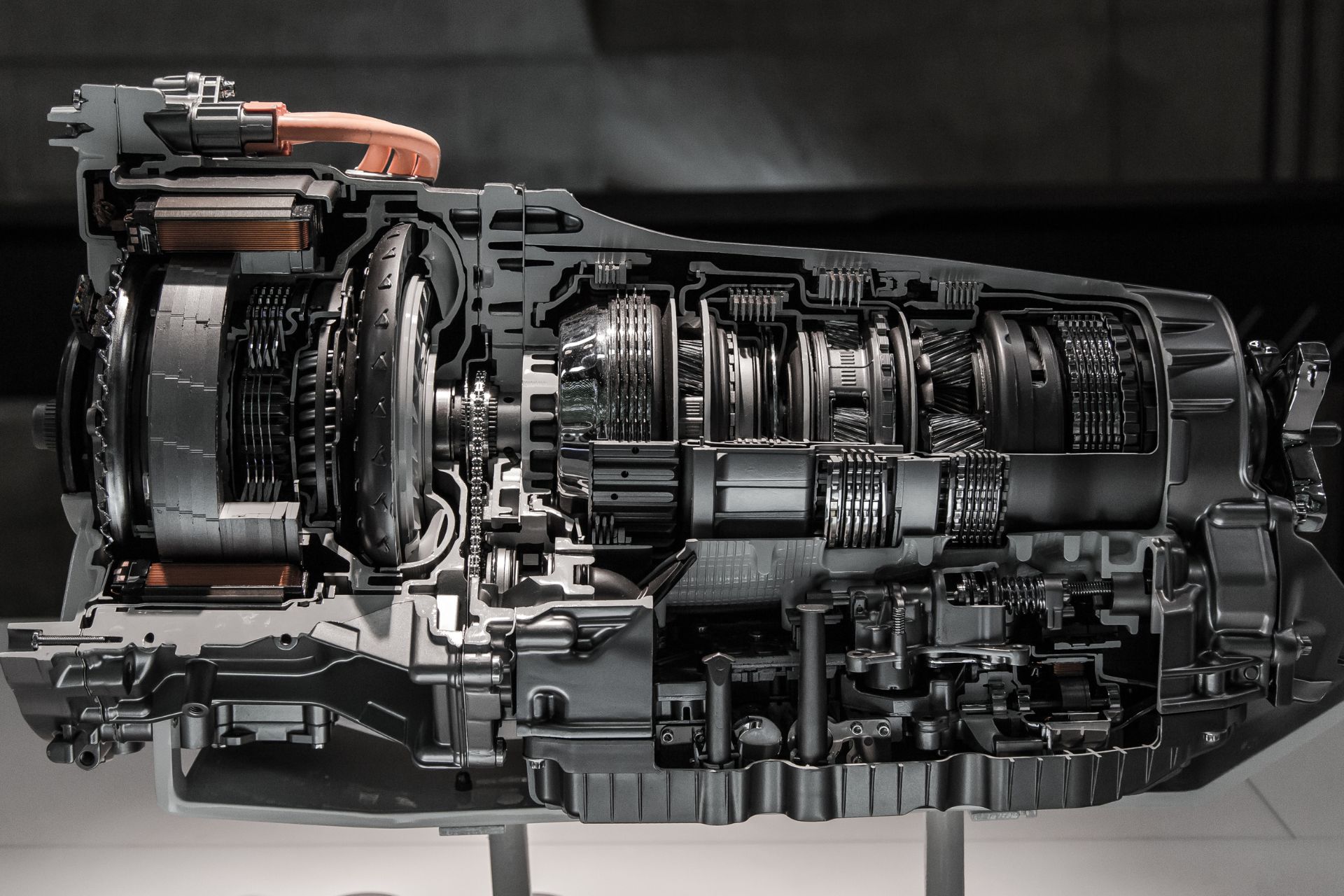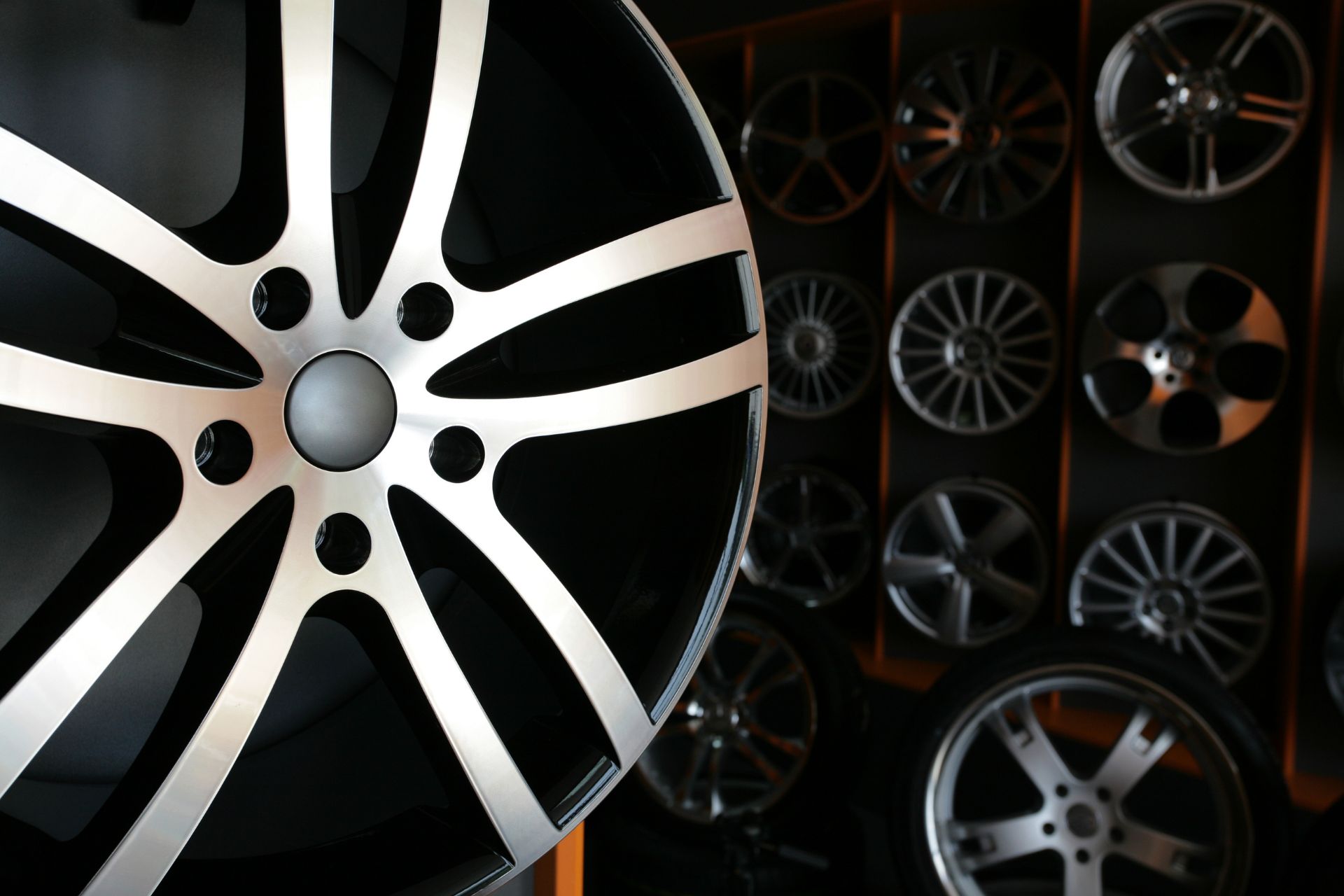Your car’s transmission is a complex piece of machinery that plays a critical role in the vehicle’s overall performance. While it’s designed to withstand years of use, several factors can lead to transmission problems. In this article, we will explore the common issues that can go wrong with a car’s transmission and provide insights into troubleshooting and solutions for each problem. By understanding these issues, you can take steps to prevent costly repairs and keep your car running smoothly.
Transmission Fluid Leaks
One of the most common problems with a car’s transmission is fluid leaks. Over time, seals and gaskets can deteriorate, leading to leaks. Low transmission fluid levels can cause overheating and wear on the transmission components.
Solution: If you notice a red or brownish puddle under your car, have a professional mechanic inspect and repair the leaks. Regularly check your transmission fluid level and maintain it at the recommended levels.
Slipping Gears
When your car’s transmission slips gears, you may experience a delay in acceleration or a sudden drop in speed, which can be dangerous. This can result from worn-out or damaged transmission bands or clutch plates.
Solution: Seek immediate professional assistance when you notice slipping gears. They may need to replace or adjust the damaged components to ensure smooth gear transitions.
Transmission Overheating
Overheating can occur due to various reasons, including low fluid levels, blocked coolers, or heavy towing. An overheated transmission can lead to permanent damage if not addressed promptly.
Solution: Regular maintenance, such as flushing and replacing transmission fluid, checking the cooler system, and avoiding heavy loads, can prevent overheating issues.
Delayed Engagement
Delayed engagement refers to a delay in your vehicle’s response when you shift gears. This can be caused by worn clutch plates, hydraulic problems, or worn bands.
Solution: If you experience delayed engagement, it’s crucial to visit a professional mechanic for a diagnosis. They can determine the underlying issue and recommend the necessary repairs.
Unusual Noises
Unusual noises coming from your transmission, such as grinding, whining, or clunking, are often signs of trouble. These noises can indicate worn-out bearings, gears, or even a malfunctioning torque converter.
Solution: Don’t ignore strange noises coming from your transmission. Have a mechanic inspect the issue and make the necessary repairs to prevent further damage.
Transmission Fluid Contamination
Contaminated transmission fluid can lead to various issues, including slipping gears, overheating, and poor overall performance. Contamination can result from fluid mixing with other fluids in the vehicle or the presence of debris.
Solution: Regularly change your transmission fluid according to the manufacturer’s recommendations to prevent contamination. If you suspect contaminated fluid, seek professional assistance to flush and replace the fluid.
Check Engine Light
The check engine light can illuminate for various reasons, including transmission issues. If you ignore this warning, you risk causing further damage to the transmission.
Solution: When the check engine light comes on, don’t delay. Take your car to a professional mechanic for a diagnostic scan to identify the underlying problem and address it promptly.
Shifting Problems
Shifting problems can manifest as difficulty in shifting gears or a reluctance to move out of one gear. These issues are often related to problems with the transmission control module or solenoids.
Solution: If you experience shifting problems, consult a professional mechanic who can diagnose the issue and repair or replace the necessary components.
Torque Converter Problems
The torque converter is responsible for transferring power from the engine to the transmission. Issues with the torque converter can lead to poor acceleration and reduce fuel efficiency.
Solution: Seek professional help if you suspect torque converter problems. A mechanic can assess the condition of the torque converter and recommend repairs or replacements.
Computer or Sensor Failures
Modern vehicles rely on a complex network of sensors and control modules to manage the transmission. Sensor or computer failures can disrupt the transmission’s operation.
Solution: When your vehicle experiences computer or sensor failures, consult a mechanic who can diagnose and address these electronic issues.
Lack of Maintenance
Neglecting regular maintenance can lead to various transmission problems, including fluid degradation, increased wear and tear, and eventual failure.
Solution: Follow the manufacturer’s maintenance schedule to ensure your transmission remains in good working condition. Regularly change the transmission fluid, inspect for leaks, and address any issues promptly.
Final Worlds
A car’s transmission is a critical component of the vehicle, and various issues can go wrong over time. Understanding the common problems and their solutions is crucial to maintaining your vehicle’s performance and preventing costly repairs.
If you’re experiencing any of these transmission issues or need routine maintenance, consider visiting TrilliTires in Richmond Hill. Our expert technicians can help you troubleshoot and address transmission problems, ensuring your car runs smoothly and efficiently. Don’t wait until a minor issue turns into a major headache; visit us today for all your automotive needs.
For all your transmission needs and expert automotive service, contact TrilliTires in Richmond Hill today and keep your vehicle running at its best.



